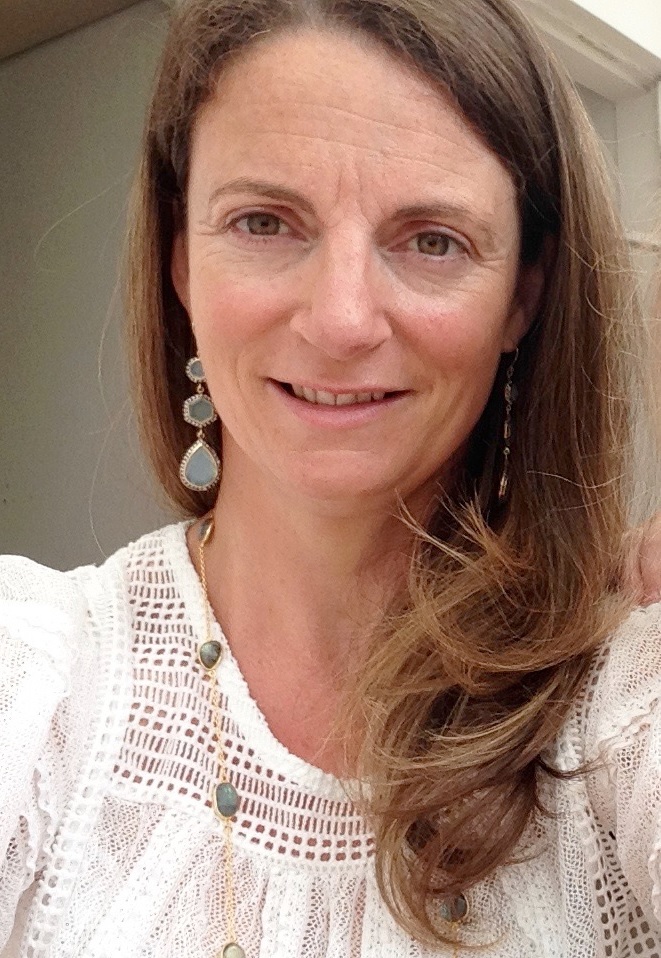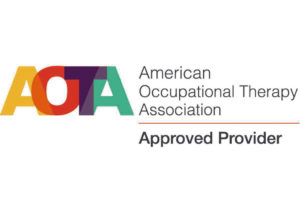Menu


To enjoy this and many similar courses for free, BECOME A NANT MEMBER today!
You may also purchase this course by clicking the Buy Now button below.
Already a Member? Make sure to log in by clicking the green Login button below to enjoy this course included in your Membership benefits.
Course Description: Newborns, both term and preterm, endure many painful procedures following a Neonatal Intensive Care Unit (NICU) admission (Carbajal et al. 2008). Unmanaged neonatal pain impacts on short-term and long-term neurodevelopmental outcomes (Granau 2013) and on parental well-being (Franck et al. 2012). Neonatal pain management guidelines identify the use of non-pharmacological strategies to reduce pain (American Academy of Pediatrics, 2006). Cochrane reviews promote the use of breastfeeding, skin-to-skin contact and sucrose to minimize pain (Stevens et al. 2016) (Riddell et al. 2015)(Johnson et al. 2014)(Shah et al. 2012).Yet while clinicians are aware of the efficacy of nonpharmacological strategies, it has been shown that they do not always implement them into neonatal care (American Academy of Pediatrics 2006). It is ethically irresponsible to allow another human being to suffer, this is especially so when there is good quality evidence available to manage neonatal pain, which is both easy and cost effective. The canon ‘to do no harm’ is without doubt the primary responsibility and objective of every member of the neonatal team. This paper describes a multidisciplinary, quality improvement project using a Plan-Do-Study-Act (PDSA) cycle to implement nonpharmacological strategies. In order to determine the most effective ways to do this, a systematic review of the literature was carried out, specifically to answer the question: “What interventions and approaches are effective in the implementation of non-pharmacological strategies to manage pain and stress for neonates?’ Using thematic analysis, five main themes of non-pharmacological implementation strategies emerged: Parental participation, improved communication, continual education, availability of resources and organizational involvement. This course will summarize the results from questionnaires and service evaluation and the steps used to integrate these five themes of non-pharmacological implementation. Finally, the clinicians’ reflections on applicability of the PDSA cycle as a quality improvement tool will also be included.
Target Audience: OT, SLP, PT, RN, MD and Neonatal professionals
Level: Intermediate
Objectives:
Instructional Method: Recorded webinar with lecture and handouts. Learning assessment and course evaluation follow course.
Course Completion Requirements: The learner must view the entire webinar, complete the course evaluation and complete the post webinar learning assessment with at least 80% to receive education credit. Login and logout times will be recorded and documented.
Following completion of this course physical therapists, nurses and other disciplines will receive a certificate of completion and a zip file containing information necessary to submit to their individual state for education credit. Zip file will include course bibliography. Physical therapists are responsible for knowing and adhering to their state’s deadlines, rules and regulations.
Speaker Bio: Emily Hills, OT, MSc is a Clinical Specialist Neonatal Occupational Therapist at the Royal Free NHS Foundation Trust. Emily works at the “Starlight” neonatal unit at Barnet Hospital where she leads on developmental care, neurodevelopmental assessment and developmental interventions; including follow-up after discharge. Emily has a MSc in Neonatology; she is a certified neonatal therapist and has also completed Newborn Individualized Developmental Care Assessment program (NIDCAP) certification. Emily has completed both her Neonatal Behavioral Assessment Scale (NBAS) and Newborn Behavioral Observation (NBO) certification and is a lecturer for the Brazelton Centre in Great Britain. She is a Certified Infant Massage Instructor (CIMI). Emily is passionate about developmental care and is a lecturer for Family and Infant Neurodevelopmental Education (FINE) courses. Emily is an Advanced Practitioner in Sensory Integration (SI) and leads on the OT-SI intervention clinic at Royal Free Hospital, which particularly focuses on early years intervention for the ex- preterm infant.
Disclosures:
Emily Hills, OT, MSc
Financial Disclosures: No relevant disclosures.
Nonfinancial disclosures: No relevant disclosures.
Conflict of Interest: There is no conflict of interest for anyone with the ability to control content for this activity.
Agenda:
00 – 8:30 min: Introduction to developmental care QIP in Starlight neonatal unit in London, UK
8:30 – 19 min: Discussion of outcomes for unmanaged pain in neonatal care; includes an interactive parent talk simulation
19 – 23:30 min: Pain management strategies
23:30 – 33:15 min: Introduction to quality improvement cycle including an interactive reflection
33:15 – 47:30 min: Case Study: Implementation of the quality improvement project, phase 1, which includes an interactive reflection on current resources in learners’ unit
47:30 – 53 min: Summary of findings
53 – 55 min: Feedback and Next Steps
55 – 60 min: Learning Assessment
Registration information:
In order to obtain access to the course, click the “Login” button at the top of the screen. You are required to be a NANT Member in good standing to have access to this course. You may also purchase this courses as a non-member by clicking the “Buy Now” button above.
For ADA accommodations, please call NANT Customer Service for more information at (866) 999-5524.
Cancellation Policy: Click HERE to review NANT’s Course Cancellation Policy.

AOTA CEUs: National Association of Neonatal Therapists® (NANT) is an AOTA Approved Provider of professional development. This Distance-Learning Independent Course is offered at 0.1 CEUs (Intermediate level, Occupational Therapy Service Delivery & Professional Issues). AOTA does not endorse specific course content, products, or clinical procedures.

ASHA CEUs: Learners must complete the entire course in order to receive ASHA CEUs. No partial credit awarded. ASHA CE Provider approval and use of the Brand Block does not imply endorsement of course content, specific products or clinical procedures.
ASHA CE Registry users: NANT will submit your ASHA CEU credit to ASHA on your behalf. ASHA CEUs may take up to 100 days to appear on your ASHA Transcript.
Non-ASHA CE Registry users: Maintain your course records and please keep your registry status current in your NANT account. Update your NANT account with your ASHA number if your registry status changes. NANT is not responsible for tracking your registry usage.
PT CE Credit:
This activity is provided by the Texas Board of Physical Therapy Examiners Accredited Provider 2501058TX and meets continuing competence requirements for physical therapist and physical therapist assistant licensure renewal in Texas. 1.0 CCUs offered.
The assignment of Texas PT CCUs does not imply endorsement of specific course content, products, or clinical procedures by TPTA or TBPTE.
NANT is recognized by the New York State Education Department’s State Board for Physical Therapy as an approved provider of physical therapy and physical therapist assistant continuing education.
* If you attended this presentation at NANT 9, you can still receive CE Credit by completing this online version.
Questions regarding CE credit should be directed to the National Association of Neonatal Therapists at info@neonataltherapists.com or (866) 999-5524.